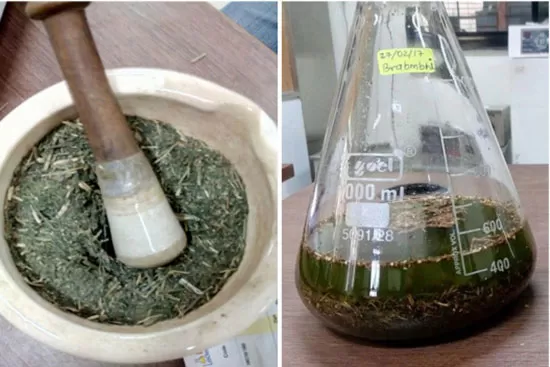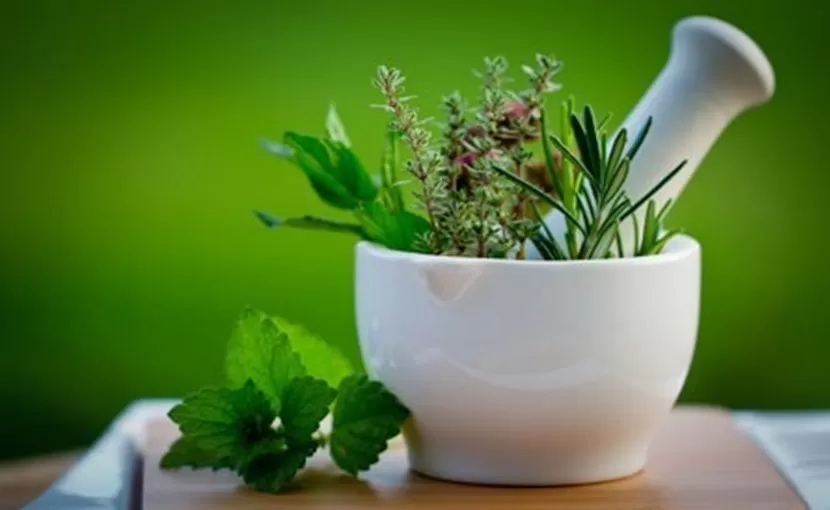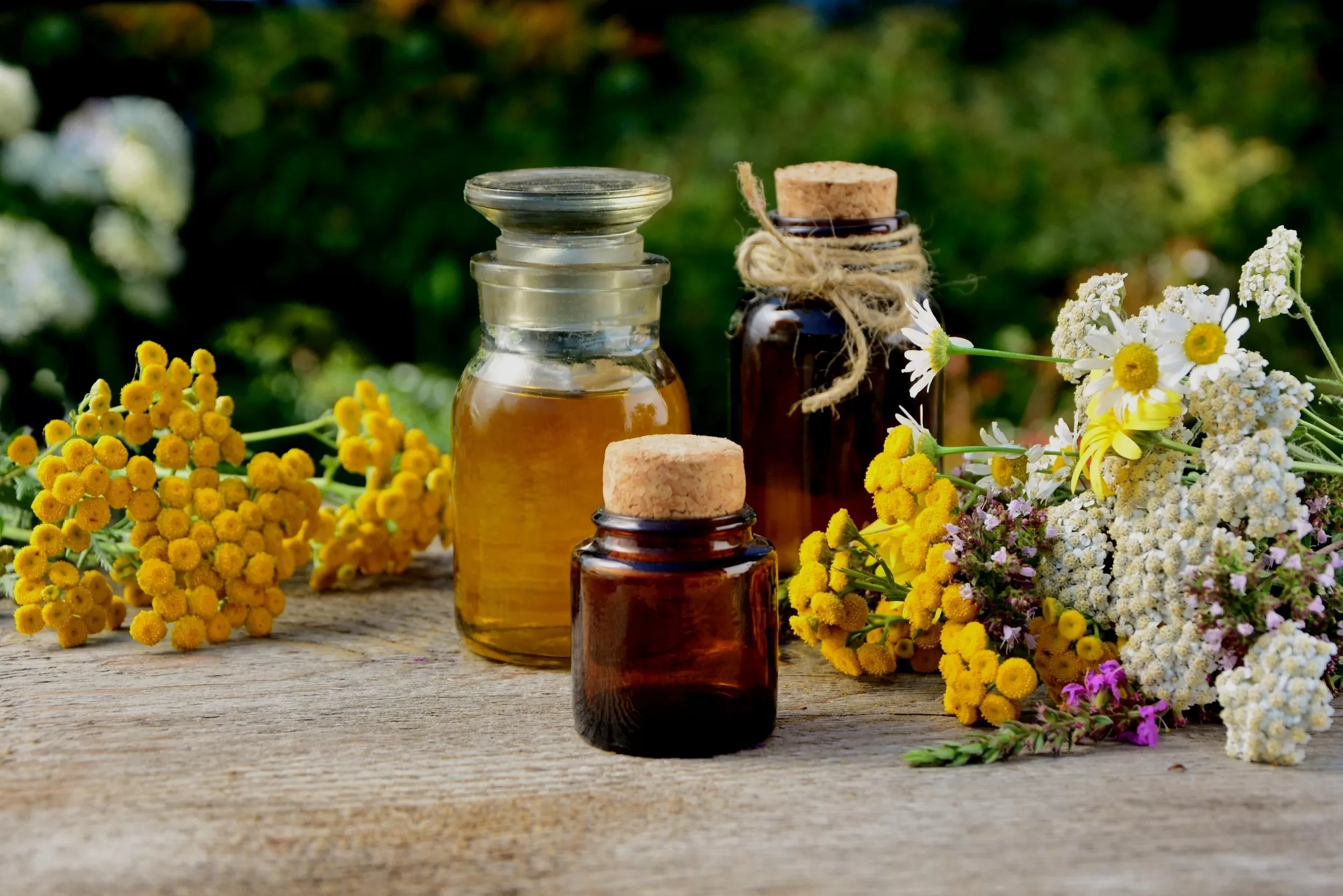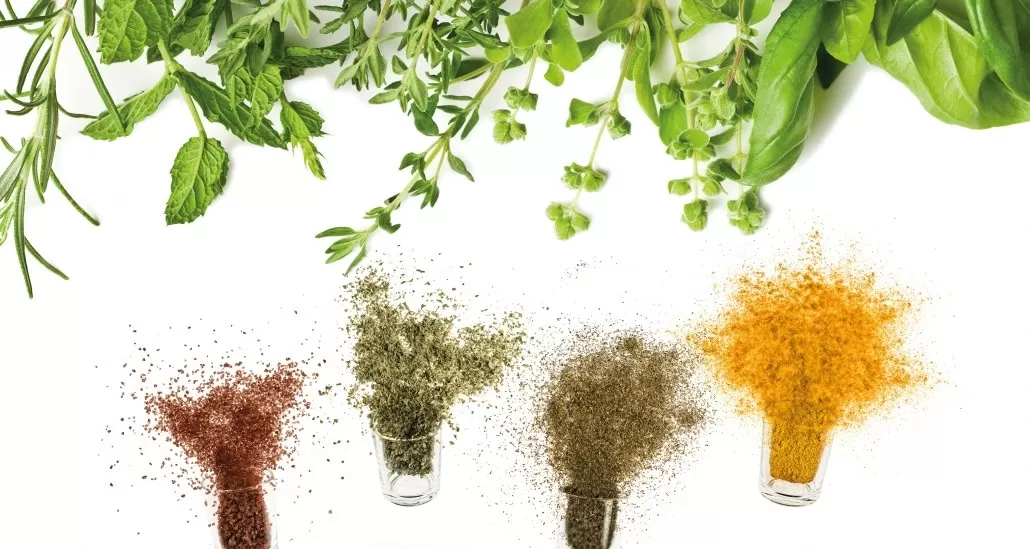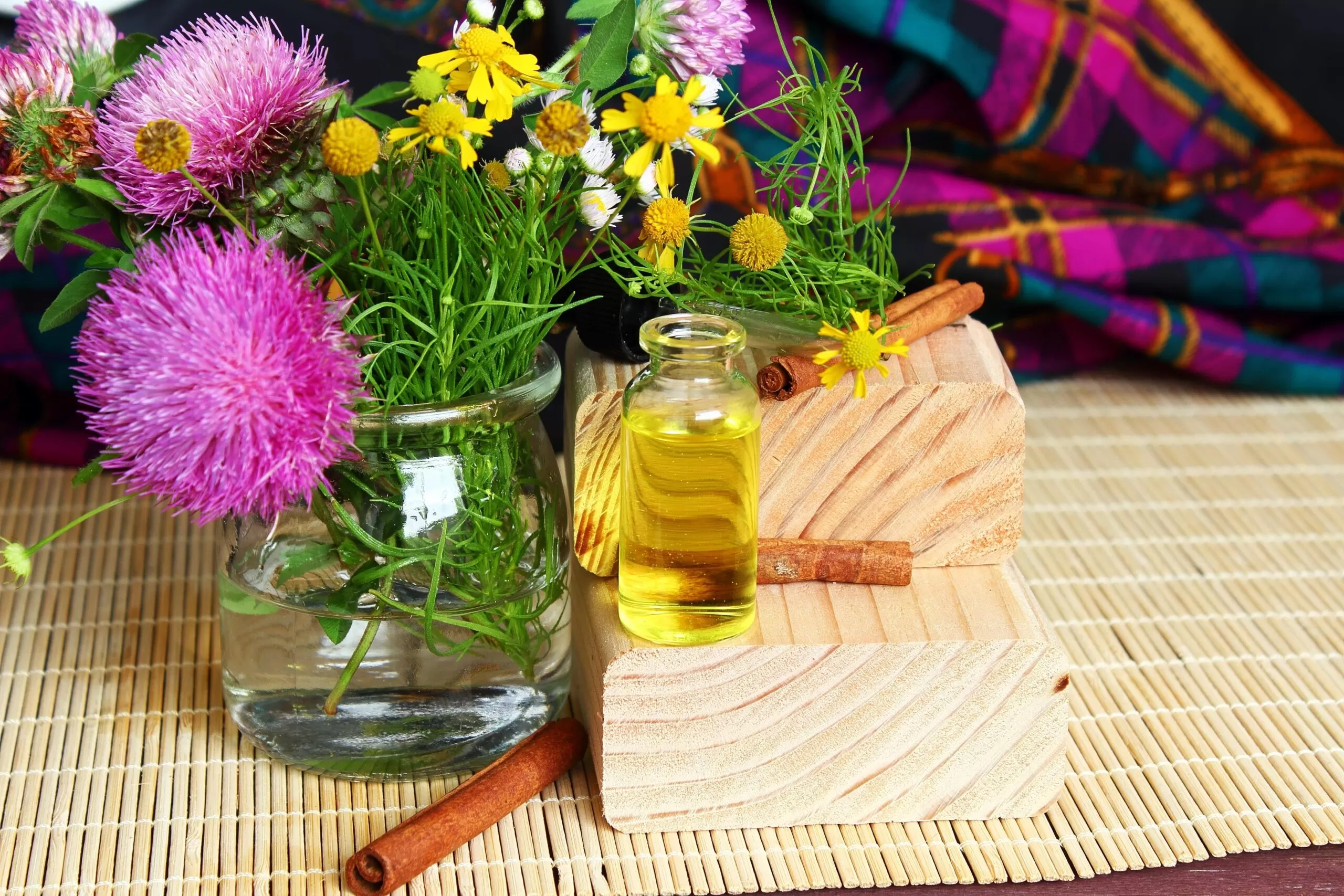- 0086-571-85302990
- sales@greenskybio.com
Harnessing Nature's Power: A Comprehensive Review of Indian Plant Extracts in Cancer Therapy
2024-07-05
1. Introduction
Cancer remains one of the most significant health challenges globally, with a high morbidity and mortality rate. Conventional cancer therapies such as chemotherapy, radiotherapy, and surgery have their limitations, including severe side effects and the development of drug resistance. In recent years, there has been a growing interest in exploring natural remedies for cancer treatment. India, with its rich biodiversity, is home to a vast array of plant species. Indian plant extracts have shown great potential as sources of anti - cancer agents. This review aims to comprehensively explore the role of Indian plant extracts in cancer therapy, including pre - clinical and clinical studies, challenges in translation, and future prospects.
2. Indian Biodiversity and Plant Extracts
2.1 Richness of Indian Flora
India is a megadiverse country, harboring approximately 45,000 - 50,000 plant species. This diverse flora is a result of India's varied climatic zones, from the tropical rainforests in the south to the alpine regions in the north. Many of these plants have been used in traditional Indian medicine systems like Ayurveda for centuries. For example, plants such as Turmeric (Curcuma longa) and Neem (Azadirachta indica) have been known for their medicinal properties.2.2 Bioactive Compounds in Plant Extracts
Indian plant extracts contain a wide range of bioactive compounds. These include alkaloids, flavonoids, terpenoids, and phenolic compounds. Alkaloids such as vincristine and vinblastine, originally derived from the Madagascar periwinkle (Catharanthus roseus), which is also found in India, have been used in cancer chemotherapy. Flavonoids like Quercetin, found in many Indian plants, have shown antioxidant, anti - inflammatory, and anti - cancer properties in pre - clinical studies. Terpenoids, for instance, those present in Boswellia serrata extract, have been investigated for their potential anti - tumor effects.3. Pre - clinical Studies on Indian Plant Extracts in Cancer
3.1 In - vitro Studies
- Many Indian plant extracts have been tested in vitro for their anti - cancer activities. For example, an extract from the plant Withania somnifera (Ashwagandha) has been shown to inhibit the growth of cancer cells in culture. Studies have demonstrated that it can induce cell cycle arrest and apoptosis in various cancer cell lines, including breast and lung cancer cell lines. - Another plant, Tinospora cordifolia, has also shown promising results in vitro. Its extract has been found to have anti - proliferative effects on cancer cells by modulating various signaling pathways involved in cell growth and survival.3.2 In - vivo Studies
- In animal models, Indian plant extracts have also exhibited anti - cancer potential. For instance, the extract of Picrorhiza kurroa has been tested in mice with induced liver cancer. It was found to reduce tumor size and improve the survival rate of the animals. - Emblica officinalis (Amla) extract has been studied in vivo for its anti - carcinogenic effects. In a mouse model of skin cancer, the extract was shown to decrease the incidence of tumor formation and inhibit the growth of existing tumors.4. Clinical Studies on Indian Plant Extracts in Cancer Therapy
4.1 Phase I - II Clinical Trials
- Some Indian plant extracts have entered clinical trials. For example, Curcumin, the active ingredient in turmeric, has been studied in phase I - II clinical trials for various cancers. In a phase I trial for pancreatic cancer, Curcumin was found to be well - tolerated at certain doses, although its efficacy needs further evaluation. - The extract of Andrographis paniculata has also been investigated in clinical trials for its potential anti - cancer effects. In a phase II trial for colorectal cancer, it showed some signs of anti - tumor activity, but larger - scale studies are required.4.2 Challenges in Clinical Trials
- One of the major challenges in clinical trials of Indian plant extracts is the standardization of the extracts. Different batches of plant extracts may vary in their composition and potency, which can affect the reproducibility of the results. - Another challenge is the relatively low bioavailability of some plant - derived compounds. For example, Curcumin has low bioavailability, which limits its effectiveness in vivo. Strategies such as nanoparticle - based delivery systems are being explored to overcome this issue.5. Challenges in Translating Research Findings into Practical Treatments
- Regulatory Hurdles: The regulatory framework for natural products in cancer therapy is complex. In many countries, including India, there are strict regulations regarding the approval of plant - based anti - cancer agents. These regulations are in place to ensure the safety and efficacy of the products but can also slow down the translation process. - Lack of Investment: Compared to conventional cancer drugs, there is often less investment in the research and development of plant - based anti - cancer agents. Pharmaceutical companies may be hesitant to invest due to the challenges in standardization, bioavailability, and the long - term nature of clinical trials. - Interdisciplinary Collaboration: Translating research findings requires interdisciplinary collaboration between botanists, pharmacologists, oncologists, and regulatory experts. However, such collaborations can be difficult to establish and maintain, as different disciplines may have different priorities and approaches.
6. Future Prospects
6.1 Advanced Research Techniques
- With the development of advanced research techniques such as genomics, proteomics, and metabolomics, it is possible to better understand the mechanisms of action of Indian plant extracts in cancer therapy. These techniques can help identify the specific molecular targets of plant - derived compounds and provide insights into how they interact with cancer cells. - For example, genomics can be used to study the gene expression profiles of cancer cells treated with plant extracts, which can reveal new pathways involved in the anti - cancer effects.6.2 Novel Delivery Systems
- The development of novel delivery systems, such as nanoparticles and liposomes, can improve the bioavailability and targeted delivery of plant - derived anti - cancer agents. Nanoparticles can protect the active compounds from degradation in the body and enhance their uptake by cancer cells. - Liposomes can be designed to target specific cancer cell types, increasing the selectivity of the treatment.6.3 Combination Therapies
- Combining Indian plant extracts with conventional cancer therapies such as chemotherapy and radiotherapy holds great promise. For example, curcumin has been shown to enhance the effectiveness of chemotherapy drugs in some pre - clinical studies. By combining different treatment modalities, it may be possible to achieve better anti - cancer effects while reducing the side effects of individual therapies.7. Conclusion
Indian plant extracts offer a vast source of potential anti - cancer agents. Pre - clinical and clinical studies have demonstrated their promising anti - cancer activities. However, there are significant challenges in translating these research findings into practical cancer treatments. These include regulatory hurdles, lack of investment, and difficulties in interdisciplinary collaboration. Future prospects are bright with the development of advanced research techniques, novel delivery systems, and combination therapies. By harnessing nature's power through Indian plant extracts, there is great potential to develop more effective and less toxic cancer therapies in the future.
FAQ:
What are the main Indian plant extracts studied for cancer therapy?
There are several Indian plant extracts that have been studied for cancer therapy. Some of the well - known ones include extracts from turmeric (curcumin), neem, and ashwagandha. Turmeric extract contains curcumin, which has shown anti - inflammatory and anti - cancer properties in pre - clinical studies. Neem has various bioactive compounds that are being explored for their potential anti - cancer effects. Ashwagandha extract may have immunomodulatory and anti - cancer activities, among other health benefits.
What are the challenges in translating research findings on Indian plant extracts in cancer therapy into practical treatments?
One major challenge is standardization. Ensuring consistent quality and potency of the plant extracts is difficult due to variations in plant sources, extraction methods, and growing conditions. Another challenge is the lack of large - scale, well - designed clinical trials. Many studies so far have been pre - clinical, and when it comes to human trials, issues such as patient recruitment, long - term follow - up, and dealing with complex cancer biology in a real - world setting become significant obstacles. Also, regulatory approval processes can be complex and time - consuming, requiring extensive evidence of safety and efficacy.
How do Indian plant extracts compare to conventional cancer treatments?
Indian plant extracts are different from conventional cancer treatments in several ways. Conventional treatments like chemotherapy, radiotherapy, and surgery are often more aggressive and directly target cancer cells, although they may also have significant side effects. Plant extracts, on the other hand, may work through multiple mechanisms such as modulating the immune system, reducing inflammation, and interfering with cancer cell signaling pathways. They may be less toxic in some cases, but their effects may also be more subtle and slower - acting. However, they are not likely to replace conventional treatments entirely but could potentially be used in combination therapies to enhance the overall effectiveness and reduce side effects.
What are the potential benefits of using Indian plant extracts in combination with other cancer therapies?
When used in combination with other cancer therapies, Indian plant extracts can offer several benefits. For example, they may enhance the efficacy of chemotherapy or radiotherapy by sensitizing cancer cells to these treatments. They could also help in reducing the side effects of conventional therapies, such as alleviating nausea, fatigue, or immune suppression. Additionally, plant extracts with immunomodulatory properties might boost the body's own immune response against cancer cells, working in synergy with immunotherapy drugs.
What are the future prospects for Indian plant extracts in cancer therapy?
The future prospects are quite promising. With further research, there is potential to develop more effective and standardized plant - based drugs. Scientists are likely to continue exploring new plant extracts and understanding their mechanisms of action better. There is also a growing interest in personalized medicine, and Indian plant extracts could play a role in tailoring treatments to individual patients based on their genetic makeup and cancer type. Moreover, as the demand for natural and complementary therapies increases, these plant extracts may find wider acceptance in the oncology field, either as stand - alone treatments for early - stage cancers or as adjuvants in more advanced cases.
Related literature
- Anti - Cancer Potential of Indian Medicinal Plants: A Review"
- "Plant - Based Therapies in Cancer: The Indian Perspective"
- "Harnessing the Anti - Cancer Properties of Indian Flora: Current Research and Future Directions"
- ▶ Hesperidin
- ▶ citrus bioflavonoids
- ▶ plant extract
- ▶ lycopene
- ▶ Diosmin
- ▶ Grape seed extract
- ▶ Sea buckthorn Juice Powder
- ▶ Beetroot powder
- ▶ Hops Extract
- ▶ Artichoke Extract
- ▶ Reishi mushroom extract
- ▶ Astaxanthin
- ▶ Green Tea Extract
- ▶ Curcumin Extract
- ▶ Horse Chestnut Extract
- ▶ Other Problems
- ▶ Boswellia Serrata Extract
- ▶ Resveratrol Extract
- ▶ Marigold Extract
- ▶ Grape Leaf Extract
- ▶ blog3
- ▶ blog4
- ▶ blog5
-
What are extracts made of?
2024-07-05
-
Extract Usage: A Comprehensive Guide
2024-07-05
-
Are plant extracts good for you?
2024-07-05
-
What are plant-based extracts?
2024-07-05
-
What Is a Plant Extract? A Deep Dive
2024-07-05
-
Sugarcane Extract
2024-07-05
-
Rosemary extract
2024-07-05
-
Hericium erinaceus extract powder
2024-07-05
-
Horse Chestnut Extract
2024-07-05
-
Dandelion Leaf Extract
2024-07-05
-
Curcumin Extract
2024-07-05
-
Fig Extract
2024-07-05
-
Motherwort Extract
2024-07-05
-
Oat Straw Extract Powder
2024-07-05
-
Jujube Extract
2024-07-05











